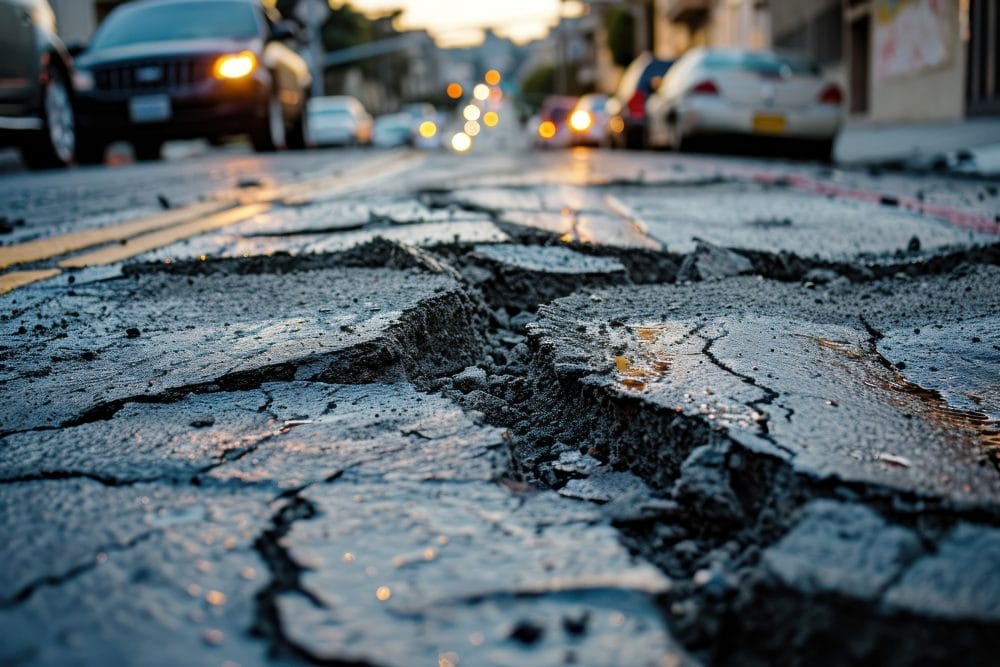Imagine the roof ripping off your house during a hurricane, floodwaters swallowing your basement, or wildfires turning your street into ash. You’d expect your insurance to swoop in like a financial superhero and make things right.
But here’s the kicker: state-specific rules can completely wipe out your coverage, leaving you stranded when you need it most. Hidden clauses, overlooked requirements, and tricky regulations could turn a promised payout into a denied claim. Understanding these rules is the only way to avoid a gut-punch surprise after disaster strikes.
1. The Infamous Flood Exclusion
Most homeowners are shocked to discover that standard policies don’t cover flooding, even when the flood is caused by a natural disaster. In states with frequent hurricanes or river overflows, this exclusion leaves families in financial ruin. Insurers argue that it’s too risky to include flood coverage, pushing homeowners toward federal or private flood insurance. The problem is, many people only learn this rule after they file a claim and get rejected. That small exclusion in the fine print can cost hundreds of thousands of dollars.
2. Earthquake Damage Requirements
Some states demand separate earthquake insurance, even if quakes are rare in that region. Homeowners often assume “acts of nature” are automatically covered, only to find out they need an entirely different policy. In places like California, earthquake endorsements can be expensive, making many residents roll the dice and skip it. After the shaking stops, insurers use this rule to deny claims on cracked foundations or destroyed interiors. Missing this requirement means rebuilding costs land squarely on the homeowner’s shoulders.
3. Strict Deadlines for Filing Claims
Every state sets its own deadline for how quickly disaster claims must be filed, and some are shockingly short. If a homeowner is too overwhelmed by chaos to meet the clock, insurers have every right to deny coverage. Even waiting a few extra days to gather paperwork could void a claim entirely. These strict deadlines aren’t always well-advertised, leaving many families blindsided. Missing the cutoff feels like being punished twice—first by nature, then by the system.
4. The Wear and Tear Loophole
States allow insurers to deny coverage if damage can be linked to “wear and tear” rather than the disaster itself. If a roof is more than a decade old, insurers might claim the collapse wasn’t the hurricane’s fault but the homeowner’s neglect. This rule gives companies wiggle room to sidestep massive payouts. Families often argue that their homes were holding up fine before the disaster, but insurers lean on inspections and records to prove otherwise. It’s a loophole that can turn a legitimate disaster into a denied claim.
5. The Evacuation Requirement
Some states enforce rules that require proof of mandatory evacuation compliance before granting insurance claims. Homeowners who stayed behind, even for valid reasons, risk losing their right to compensation. Insurers argue this rule promotes safety and reduces loss of life, but financially, it can devastate survivors. Families may have lost everything and still walk away with nothing because they didn’t follow evacuation orders. The rule is rarely talked about until it’s too late to undo the consequences.
6. Secondary Residence Restrictions
Vacation homes, cabins, and second properties are often subject to stricter insurance rules in many states. Coverage may only apply if the property was regularly maintained or occupied, which insurers can use as grounds to deny a claim. If the disaster hit while the home sat empty, families could be told their policy doesn’t apply. These restrictions especially sting when disaster strikes during off-season months. What looked like peace of mind on paper suddenly evaporates in a single clause.
The Big Picture on State Rules and Insurance
These six state-specific rules highlight how insurance isn’t always the safety net people believe it to be. The fine print, combined with local regulations, can turn coverage into a minefield of exceptions.
Disasters are stressful enough without the added shock of a denied claim. Knowledge and preparation are the only ways to outsmart these traps. Homeowners who understand the rules before disaster strikes have a far better chance of protecting their homes and wallets.
Don’t Let State Rules Catch You Off Guard
Insurance should protect, not betray, but hidden state rules often flip the script when disaster hits. Knowing the exclusions, deadlines, and restrictions in advance can save homeowners from a devastating financial blow. Preparation today can mean survival tomorrow when storms, fires, and quakes come calling. It’s time to read the fine print, ask tough questions, and make sure your safety net is truly secure.
What do you think—have you ever come across one of these state rules in your insurance journey? Drop your thoughts in the comments and share your experience.
Read More
10 Towns That Have Had More Natural Disasters Than Anywhere Else in The World
10 Family Savings Plans That Ended in Disaster






